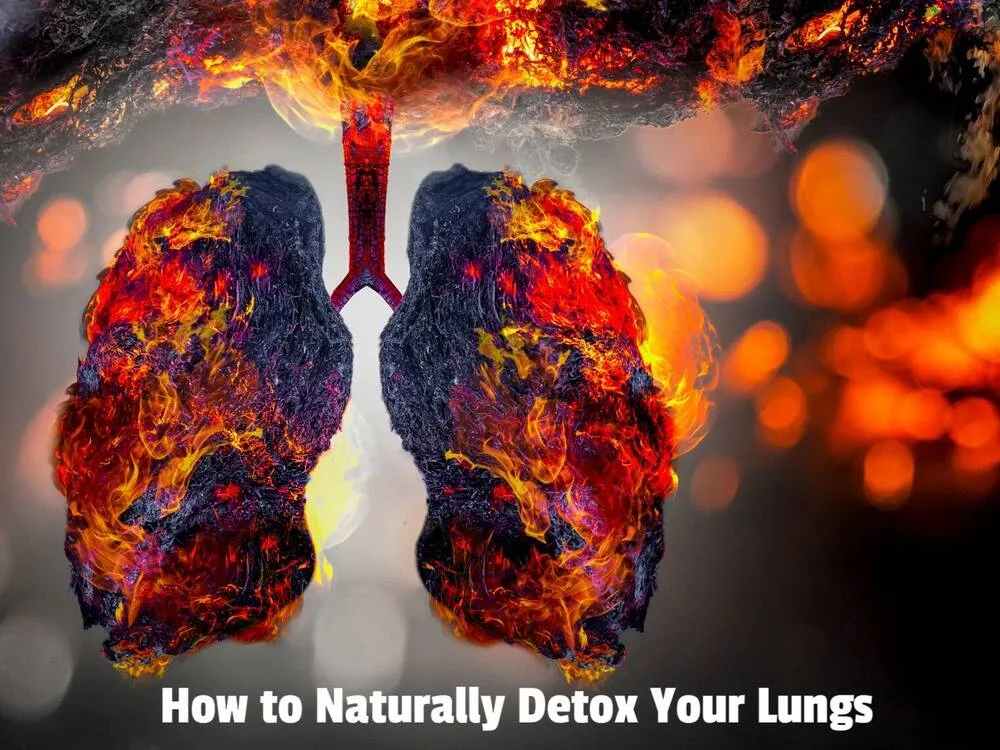The lungs are vital but often overlooked organs, constantly exposed to pollutants, cigarette smoke, dust, and airborne chemicals. While anti-smoking campaigns are common, public awareness about air pollution, greenhouse gases, and the dangers of coal combustion is limited.
Coal, for example, is a major source of CO2 emissions, contributing to global warming, smog, and acid rain. According to Dr. Lisa A. Maier, head of Environmental and Occupational Health at National Jewish Health in Denver, Colorado, the lungs absorb everything in the air, making them particularly vulnerable.
Even in developed countries, environmental protections are sometimes reversed, putting citizens’ health at risk. In countries with minimal regulation, such as parts of India, air quality issues are severe. As Radhika Joshi states in "Ignore Environmental Protection at Your Own Peril", neglecting environmental safety has serious health consequences.
While we may not control global air quality, we can take proactive steps to protect our lungs.
5 Effective Ways to Naturally Detox Your Lungs
1. Quit Smoking
The most effective way to protect your lungs is to stop smoking. According to the American Cancer Society, smoking causes 80-85% of all lung cancer deaths. Secondhand smoke also increases the risk of lung cancer in non-smokers by 25%.
2. Eat Antioxidant-Rich Foods
Antioxidants neutralize free radicals that can damage lung cells. A diet high in antioxidants may improve lung function and overall respiratory health. Excellent sources include:
- Blueberries
- Broccoli
- Spinach
- Green tea
- Grapes
- Fatty fish
3. Exercise Regularly
Physical activity strengthens the lungs and enhances oxygen exchange. Engaging in 30 minutes of moderate exercise 3-4 times per week or 20 minutes of high-intensity interval training (HIIT) 3 times per week helps maintain healthy lung function. Even short routines like the Tabata Workout can improve lung capacity.
4. Improve Your Environment
Ensure good ventilation in your home and workplace. If exposed to dust, chemicals, or pollutants at work, always use protective masks. If possible, consider relocating from areas with severe pollution, as even small improvements in air quality can benefit lung health.
5. Practice Proper Breathing Techniques
Many people breathe shallowly, reducing lung efficiency. Deep breathing exercises can expand lung capacity, improve oxygenation, reduce stress, and boost energy levels. Thich Nhat Hanh, a Vietnamese Buddhist monk, famously said: "Breathe in deeply to bring your mind home to your body."
Final Thoughts on Naturally Detoxing Your Lungs
Protecting your lungs requires a combination of lifestyle changes, including quitting smoking, eating nutrient-rich foods, exercising, and practicing mindful breathing. Small, consistent actions can significantly improve lung health and overall well-being.
FAQ – Natural Lung Detox Methods
What is the most effective way to detox my lungs?
The most effective method is to quit smoking, which is the leading cause of lung damage and lung cancer. Avoiding secondhand smoke is also essential.
Which foods help improve lung health?
Antioxidant-rich foods support lung function and reduce cell damage. Examples include blueberries, broccoli, spinach, green tea, grapes, and fatty fish.
How does exercise benefit the lungs?
Regular physical activity strengthens the lungs, enhances oxygen exchange, and can improve lung capacity. Moderate exercise 3–4 times per week or HIIT routines are effective.
How can I improve my environment for better lung health?
Ensure proper ventilation, reduce exposure to dust, chemicals, and pollutants, and use protective masks when necessary. Relocating from highly polluted areas can also help.
What breathing techniques support lung detox?
Deep breathing exercises can expand lung capacity, improve oxygenation, reduce stress, and boost energy. Practicing mindful breathing regularly is highly beneficial.
References
- American Cancer Society. "Lung Cancer Risk Factors." https://www.cancer.org/cancer/lung-cancer/causes-risks-prevention/risk-factors.html
- National Health Service (UK). "Lung Cancer." https://www.nhs.uk/conditions/lung-cancer/

Comments